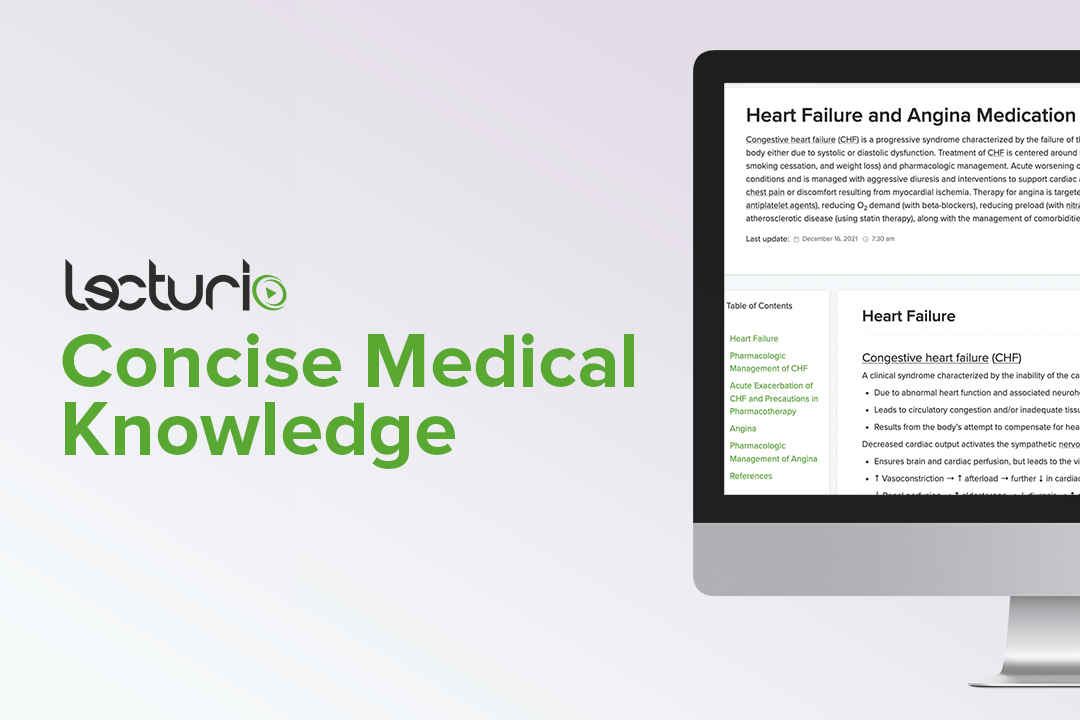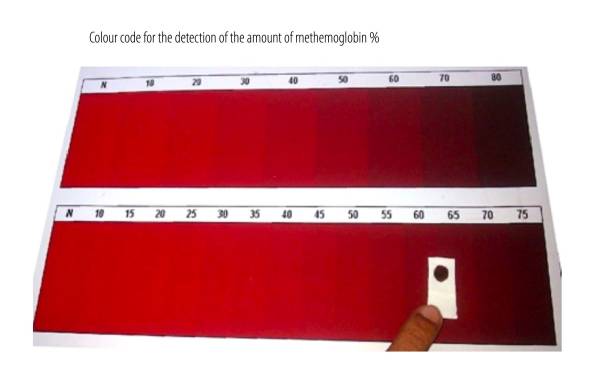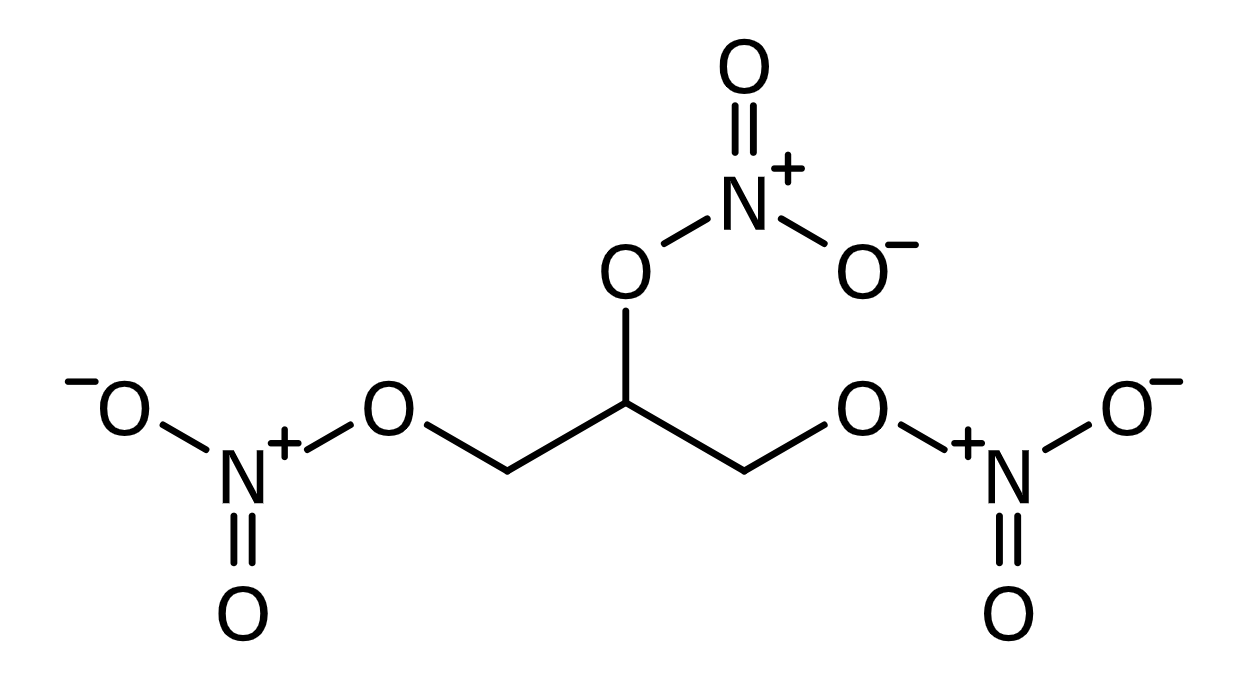Playlist
Show Playlist
Hide Playlist
Nitrates – Heart Failure and Angina Management
-
Slides HeartFailureAndAngina CardiovascularPharma.pdf
-
Download Lecture Overview
00:01 Let's talk about nitrates. There are many kinds of nitrates. They start off with amyl nitrite. 00:08 We also talk about sublingual nitrate or Nitrotabs. We talk about oral nitroglycerin. 00:14 These are tablets that you take once, twice, or three times a day, like isosorbide dinitrate, or ISDN. 00:22 And then we talk about transdermal nitrate. These are patches that we apply somewhere on the body for 12 hours a time. The classic example is nitro patch. 00:31 Nitrates are derived from nitroglycerin. And yes, it is the same stuff that's found in dynamite. 00:38 In fact, there's a disease call "Monday syndrome", and I'll talk about it in a minute, which actually led us to discovery of the cardiac properties of nitroglycerin. 00:48 Nitrates act as both venodilators and arteriodilators. As a venodilator, it reduces your cardiac output and it reduces your oxygen demand, or what we call preload as well. Arterial dilation opens up the myocardial vascular bed. 01:05 It also reduces afterload on the heart. 01:09 Now, there are many kinds of nitrates. They are de-nitrated in the liver. 01:14 You have binitrates or dinitrates, like glyceryl dinitrate, which is a vasodilator. 01:21 Or you can have mononitrates or just nitrates, like glyceryl mononitrate or isosorbide mononitrate. 01:30 These agents release nitric oxide. Now, nitric oxide stimulates cyclic GMP and dephosphorylation of light chain myosin-phosphate complexes. So, what ends up happening is is that's how you have relaxation of the muscle unit, and therefore, either veno or arterial dilatation. 01:54 Side effects of nitrates, almost everybody gets a headache. That's often thought of because we probably are dilating blood vessels in the brain, and causing a headache that way. 02:04 Drug interactions. I've mentioned this before, especially in both the high blood pressure lecture, the hypertension lecture and the ANS lecture. Interactions between PDE5 inhibitors, like sildenafil which is Viagra and other drugs for erectile dysfunction, and nitrates is potentially fatal. You can also get methemoglobinemia at high blood concentrations of the nitrates. 02:32 Now, let's just talk about how PDE5 inhibitors and nitrates interact. Take a look at this diagram. 02:39 When you look at this diagram here, you can see that cyclic GMP comes from GTP. 02:46 And guanylyl cyclase breaks down GTP to create cyclic GMP. The nitrates stimulate that process so you have more cyclic GMP. The cyclic GMP then causes smooth muscles relaxation, in both the erectile tissue and in blood vessels. 03:04 Now, PDE5 breaks down excess cyclic GMP into GMP. Now, if you have sildenafil and the other medications, so, Viagra, Cialis, Levitra, all of those trade name drugs, these are the generic names here. 03:21 When you have these medications, they inhibit PDE5, and therefore, your cyclic GMP levels become quite a bit higher. 03:29 So you have a lot of smooth muscle relaxation, and your blood pressures drop to the floor. 03:36 So, it can be a potentially life threatening fatal reaction or interaction between these two drugs. 03:43 How did we discover nitrates? There was a disease called "Monday disease". 03:47 We found out that people who work in nitroglycerin plants or dynamite factories actually felt sick on Monday but felt better by Friday. And what was happening is these people were having venodilation in the brain so they would have headaches, venodilation of their peripheral blood systems so they would have low blood pressure. 04:06 They would show up at work after having been desensitized to the nitrates. 04:11 They show up at work on Monday morning, and they have headacheas and low blood pressures, so they felt weak and headachy. 04:17 By the time Friday rolled around, they had been exposed to so much of it that they developed resistance. 04:22 So, that's where the term "Monday disease" comes from, and that's how we discovered how nitrates interact with the cardiovascular system. 04:31 Nitrates are also used in the treatment of cyanide poisoning. Despite the fact that this is a angina lecture, I'm just gonna briefly mention cyanide poisoning since we're talking about nitrates. 04:43 Now, the poisoning kit generally contains one or two or three components. 04:50 Amyl nitrate, sodium nitrate and sodium thiosulfate. 04:55 Now, the first two agents are methemoglobin inducers. Methemoglobin reversibly binds with cyanide to form cyanmethemoglobin. 05:09 In the case of sodium thiosulfate, sodium thiosulfate helps convert cyanide to thiocyanate, which is excreted renally. 05:18 These two methods can help produce the effects of cyanide poisoning.
About the Lecture
The lecture Nitrates – Heart Failure and Angina Management by Pravin Shukle, MD is from the course Cardiovascular Pharmacology.
Included Quiz Questions
What best describes the difference in mechanisms between sildenafil and nitrates?
- Sildenafil inhibits the breakdown of cGMP, while nitrates increase production of cGMP.
- Nitrates inhibits the breakdown of cGMP, while sildenafil increase production of cGMP.
- Nitrates stimulate the breakdown of cGMP, while sildenafil decrease the production of cGMP.
- Sildenafil stimulate the breakdown of cGMP, while nitrates decrease the production of cGMP.
- Both inhibit the breakdown of cGMP.
What is the mechanism of action of nitric oxide?
- It stimulates the production of cyclic GMP leading to relaxation of the muscle cells.
- It inhibits the production of cyclic GMP leading to relaxation of the muscle cells.
- Phosphorylates the light chain of myosin.
- Stimulates the production of ATP which leads to muscle relaxation.
- Stimulates the production of ADP which leads to muscle contraction.
Which of the following is an antidote for cyanide poisoning?
- Sodium nitrite
- Sildenafil
- Atropine
- Ammonia
- Methoxyhemoglobin
Customer reviews
5,0 of 5 stars
| 5 Stars |
|
5 |
| 4 Stars |
|
0 |
| 3 Stars |
|
0 |
| 2 Stars |
|
0 |
| 1 Star |
|
0 |






